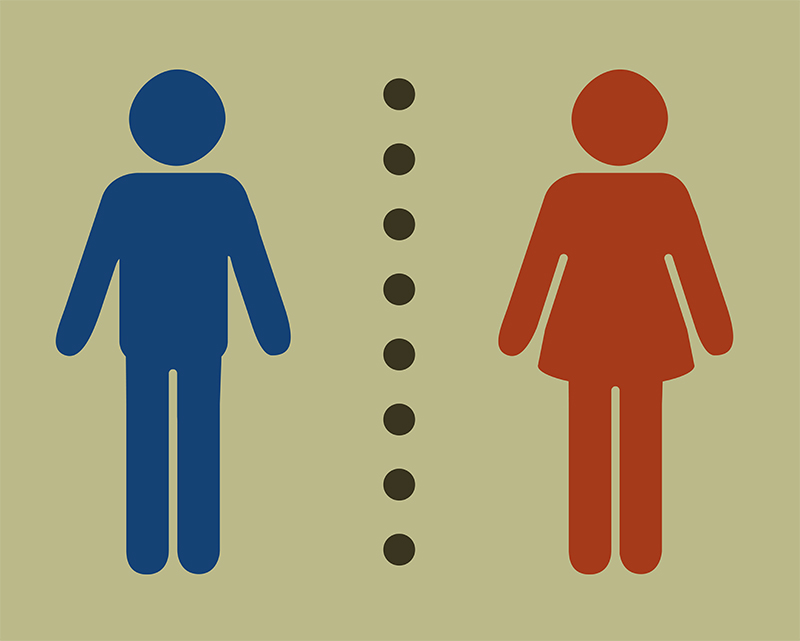
Do female judges change the substance of decision-making, asks Erika Rackley
Is it possible to isolate the potential impact of gender, as distinct from any other identity characteristic, in any given judgment?
While few would argue against the importance of a diverse judiciary, the view that the inclusion of different perspectives on the bench would alter—let alone enrich—the substance and quality of judicial decision-making, remains controversial.
One reason for this is that there have been doubts as to how, if at all, the identity characteristics of any given judge affect how they judge, and still less whether any potential differences can be correlated and corroborated across gender, ethnicity, etc. Even if we are agreed that, on balance, it is likely that gender makes some difference to judicial decision-making, we might think that until we can demonstrate how women and men differ in their judging, arguments for increasing diversity on this basis cannot get off the ground. But how might we prove this?
The Neuberger Experiment
In May 2013, BBC Radio 4’s Law in Action attempted to do just that. The methodology











